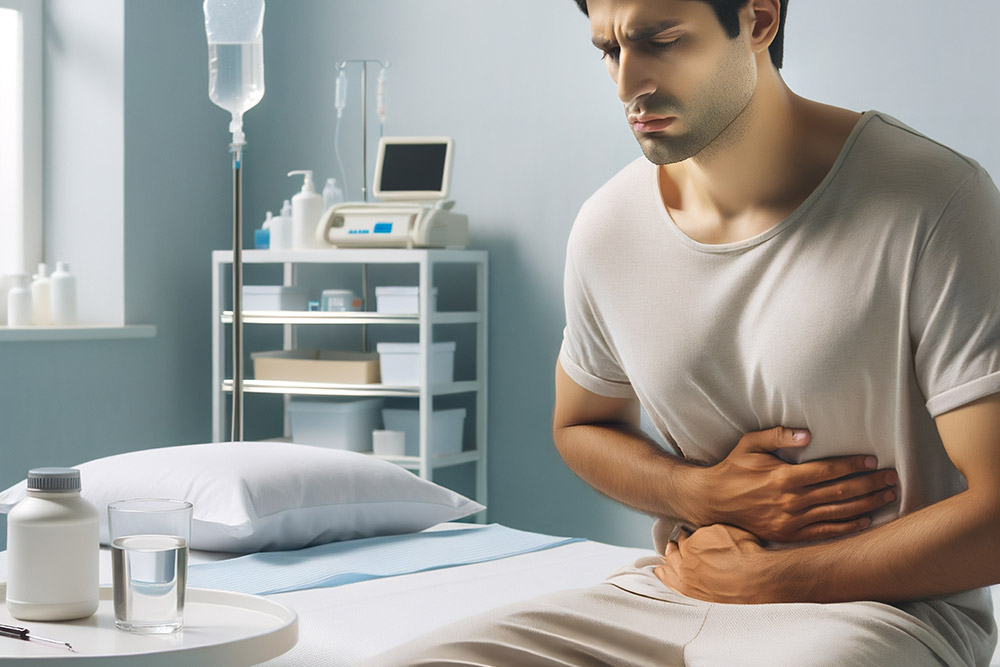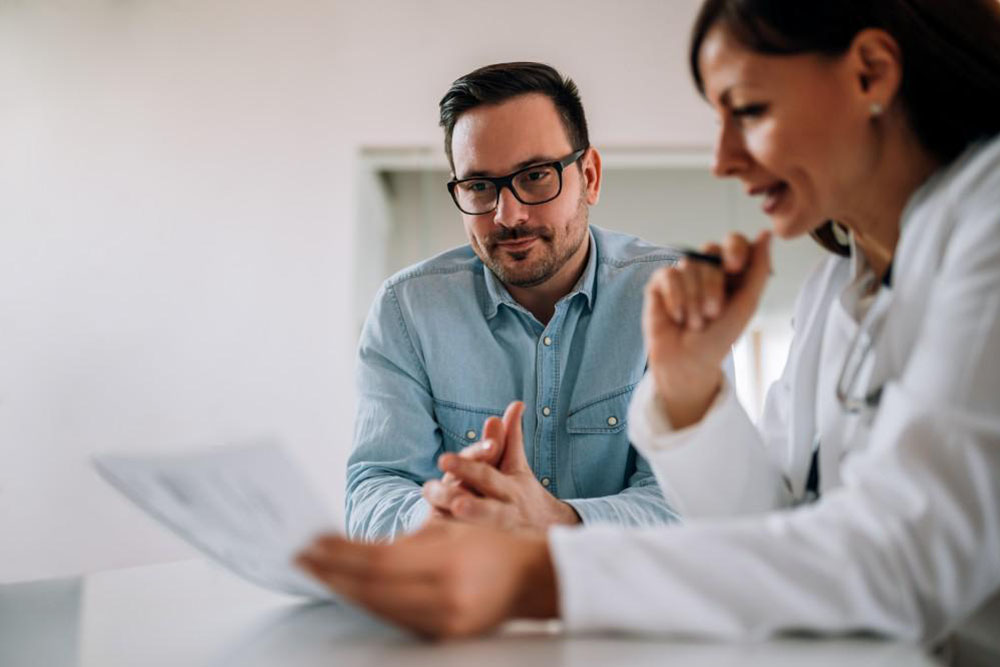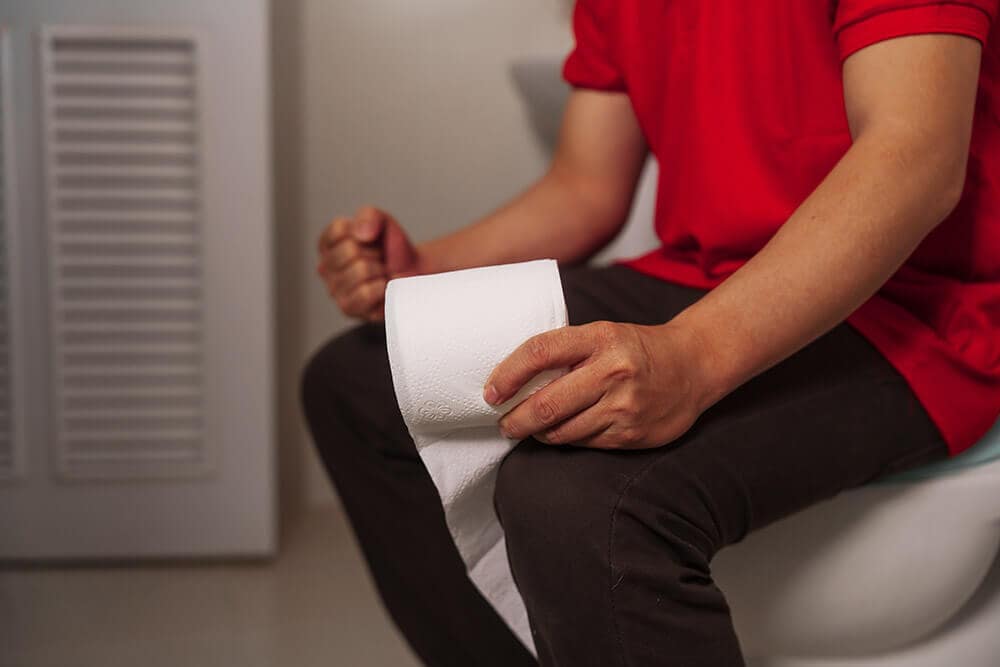Expert Treatment for Crohn's Disease by Dr. Bharat Pothuri
Dr. Pothuri uses a step-by-step approach:
Medical History and Exam
He discusses your symptoms (including epigastric pain), family history of IBD, diet, smoking status and any prior gastrointestinal issues.
Blood and Stool Tests
We check inflammation markers (CRP, ESR), complete blood count for anemia and analyze stool for infection and fecal calprotectin.
Endoscopic Evaluation
He performs colonoscopy and/or upper endoscopy to inspect the intestinal lining directly and obtain biopsies for definitive diagnosis.
Imaging Studies
- CT or MR enterography to map the extent of disease, detect strictures, abscesses or fistulas.
- Abdominal ultrasound for non-invasive assessment of bowel wall thickening.
Frequently Asked Questions
What's the difference between Crohn's and ulcerative colitis?
Crohn's can affect any part of the digestive system from mouth to anus, while ulcerative colitis only involves the colon.
How fast will I feel better after starting treatment?
Some people notice improvement in 2-4 weeks, but achieving full symptom control may take longer depending on your response.
Do women have different symptoms?
Yes. Women may experience joint pain, changes in menstrual cycles, or pelvic discomfort in addition to standard Crohn's symptoms.
How can I catch Crohn's disease early?
See a GI specialist if you have persistent gut issues-such as unexplained weight loss, chronic diarrhea, or rectal bleeding-for prompt evaluation.
Can I manage Crohn's with food alone?
Dietary changes help reduce symptoms, but most patients require medication to achieve and maintain remission.
What happens if Crohn's isn't treated?
Untreated Crohn's can lead to bowel narrowing (strictures), fistulas, severe bleeding, and nutrient deficiencies over time.
Will I need surgery?
Not always. Surgery is reserved for complications or when medications and minimally invasive procedures do not adequately control the disease.












